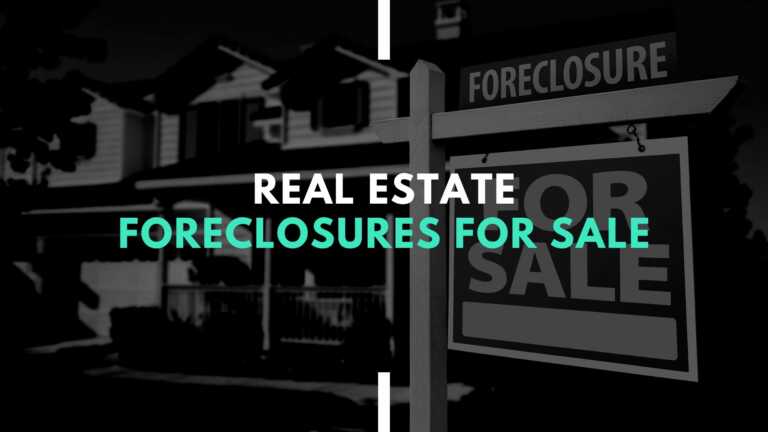Real Estate Vocabulary: Definitions for the Everyday Investor
Real Estate Vocabulary: Definitions for the Everyday Investor
If you’re new to real estate, it’s important to understand some of the most popular terms. This blog post will define some of the most common real estate vocabulary words. This will help you better understand the industry and make more informed decisions when investing in property. Let’s get started!
Appraisal: An estimate of the value of a property, typically conducted by a professional appraiser.
Assessed Value: The estimated market value of a property, as determined by the municipality for tax purposes.
Asset Appreciation: The increase in value of an asset over time.
Capital Gains: The profit realized from selling an asset, such as a property.
Capitalization Rate: The rate of return expected on a real estate investment, based on the income the property is expected to generate.
Carrying Costs: The costs associated with owning and maintaining a property, such as mortgage payments, insurance, and taxes.
Clear to Close: The final step in the mortgage process is when the lender gives the green light to close on the property.
Closing: The final step in a real estate transaction is when the property is officially transferred from seller to buyer.
Contingency: A condition must be met for a real estate transaction to proceed. For example, a common contingency is that the buyer’s loan must be approved before the sale can be finalized.
Contract for Deed: A contract between a seller and buyer where the seller finances the purchase of the property.
Crowdfunding: A method of raising capital for a real estate investment by pooling money from a large group of investors.
Deed: A legal document that transfers property ownership from one party to another.
Depreciation: The decrease in the value of an asset over time and a commonly used tax advantage of real estate
Due diligence: The process of investigating a property before purchase to assess its potential profitability and/or risks. Due diligence may include ordering a professional inspection, researching the property’s history, and/or speaking to neighbors.
Earnest money: A deposit made by a buyer to show that they are serious about purchasing a property. The seller typically forfeits the earnest money if the deal falls through.
Escrow: An account held by a third party during a real estate transaction. This account holds funds (such as the down payment) until they are needed for closing.
Foreclosure: The legal process through which a borrower defaults on their mortgage loan and loses their home. This can happen if the borrower fails to make payments or otherwise breaches the terms of their loan agreement.
Home Equity: The portion of a property’s value the owner has paid for in full. Home equity can be used as collateral for a loan or line of credit.
Home Inspection: A professional assessment of a property to identify any potential defects or problems. inspections are typically conducted before purchase and may be required by the lender.
Inspection Period: The time after an offer is accepted but before the deal is finalized, during which the buyer can have the property inspected for any defects.
Liens: A claim on a property by someone who is owed money. For example, the municipality may place a lien on your home if you fail to pay your property taxes.
Lock in Period: The period during which an interest rate is fixed. For example, you may lock in a low-interest rate for 30 days while shopping for a mortgage loan.
MLS (Multiple Listing Service): A database of properties for sale, typically used by real estate agents and brokers. The MLS can be a great resource for buyers looking for their dream home.
REALTOR: A licensed professional to help people buy and sell the property. REALTORS are members of the National Association of REALTORS (NAR), which sets standards for ethical conduct in the industry.
Remedy Period: When a buyer can back out of a real estate deal if they find any material defects with the property. This period is typically included in the inspection contingency.
Short Sale: A sale in which the proceeds are not enough to pay off the existing mortgage on the property, and the lender agrees on a reduced payoff amount. Short sales often occur when borrowers are delinquent on their mortgage but not yet foreclosed.
Wholesaling: Finding a property, negotiating a purchase price, and then selling the contract to another buyer before closing.
Zoning: The regulations that dictate how the land can be used. Zoning laws can impact everything from the type of building constructed on land to the number of parking spaces required.
Now that you know some common real estate vocabulary words, you’ll be better equipped to navigate the industry and make informed decisions when investing in property.







